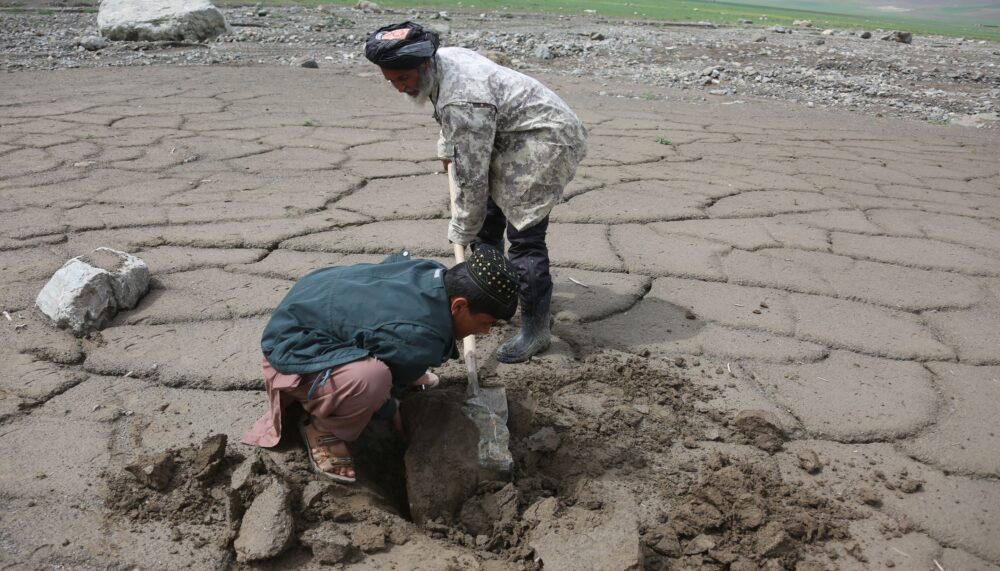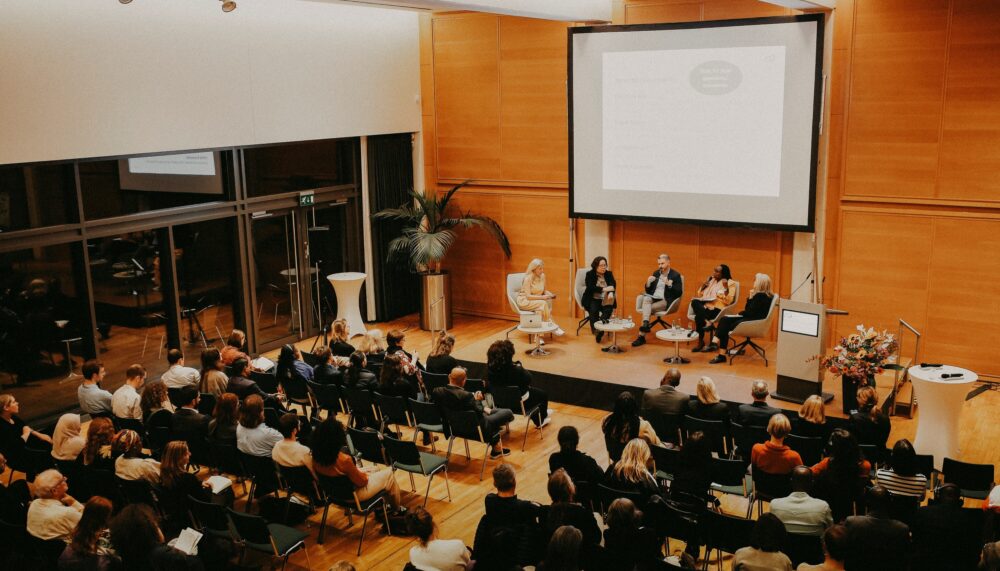EVENT
Video: Psychology and peacemaking
The inner dynamics of peace negotiations

Watch the recording of our event to learn more about how psychological insights can support more effective negotiation and mediation strategies.
As violent conflicts escalate worldwide, there is a pressing need to strengthen peace negotiations that lead to lasting solutions. Supporting these efforts requires not only understanding what happens at the negotiation table, but also in the minds of those who sit around it.
When former adversaries come together in high-level peace negotiations, their encounter is not merely political or transactional – it is profoundly psychological. What kinds of mental and emotional shifts can take place once adversaries meet face to face? And what psychological factors do negotiators bring into the room?
Psychology and neuroscience provide powerful insights into the inner dynamics of peace negotiations, enabling us to understand the causes of deadlocks and the factors that can lead to breakthroughs.
This event brought together former peace negotiators with experts in psychology and neuroscience to explore how psychological insights can support more effective negotiation and mediation strategies.
The event also marked the launch of the Berghof Foundation’s new publication: The Role of Psychology in Peacemaking. Based on over 40 in-depth interviews with peace negotiators, mediators, and psychologists, the guide offers practical tools and evidence-based strategies to bridge the gap between psychological knowledge, neuroscientific research, and the real-world challenges of peacemaking.
Psychology and peacemaking
The inner dynamics of peace negotiations
19 June 2025
16:00 - 17:15 CEST
Online event via Zoom.
This event was held in English.
Welcome remarks:
- Chris Coulter, Executive Director, Berghof Foundation
- Marja Esveld, Head of Security and Rule of Law Division, Department for Stabilisation and Humanitarian Aid, Ministry of Foreign Affairs of the Netherlands
Speakers:
- Retired Lieutenant Commander Juanita Millán Hernandez, former negotiator in the Colombian peace process with the FARC-EP; member of the United Nations Standby Team of Senior Mediation Advisers
- Professor Lasana Harris, Professor of Social Neuroscience, University College London
- Neha Sanghrajka, Conflict Sensitivity Advisor, United Nations
- Charlotte Hamm, Researcher and Project Manager, Berghof Foundation and King’s College London
Moderated by Beatrix Austin, Head of Department, Conflict Transformation Research, Berghof Foundation.
Media contact
You can reach the press team at:
+49 (0) 177 7052758
email hidden; JavaScript is required


